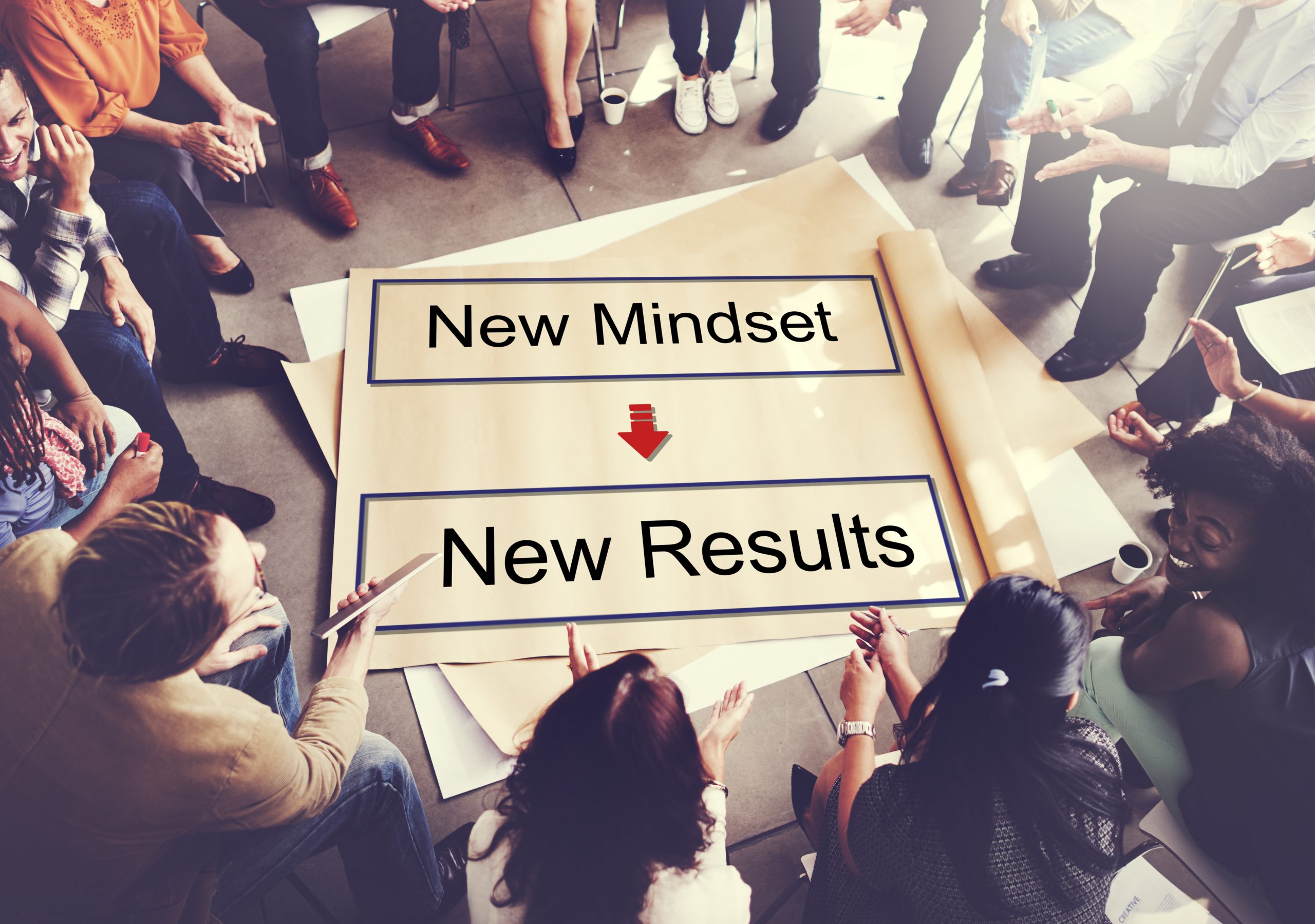Leadership skills are usually easily recognizable. People who have a vision, who can strategize, plan, and accomplish goals, and who take the initiative are considered good leaders. But what about other kinds of skills, the so-called soft skills, the ones that contribute to your ability to work and communicate well with others and help you lead your team to success?
That’s where Emotional Intelligence (EI) comes in.
In his book ‘Working with Emotional Intelligence,’ Daniel Goleman explains emotional intelligence and its application in the workplace. He argues that the emotionally intelligent person is skilled in two key areas: Personal competence – how we manage ourselves, and social skill – how we manage relationships. Both areas are essential for successful interpersonal relationships.
The skills of an emotionally intelligent leader
An emotionally intelligent leader can accurately perceive his or her own emotions and other people’s emotions and can manage them. He or she understands the signals that emotions send in relationships with others.
Think about a great manager or a mentor you had in the past. You likely felt comfortable approaching him with your questions, and you felt understood and accepted as he tried to help you solve your problems and support you. And if he or both of you disagreed to some point, you likely had respectful and productive exchanges despite it.
Now, what can you do to become such a great leader, especially if you are very analytical and not sensitive at all? How can you learn to read people, build rapport with them, and understand what they think and feel and why they act the way they do?
Practicing self-awareness
The first and most crucial step to increase your EI is to practice self-awareness. Like with most things emotional, you can’t deal with your emotions unless you know what they are. When you lack self-awareness, trying to manage your feelings is like taming a wild horse without tack. You’ll likely be totally at the mercy of this wild animal. Unfortunately, most of the time, people are not aware of what they’re doing, let alone why they’re doing something. They cruise through their lives on autopilot with no connection to their thoughts and feelings.
Self-awareness involves understanding yourself and your behavior on three levels: what it is that you’re doing, how you feel about it, and what you don’t know about your practice/ yourself.
The most straightforward and most useful technique to improve your self-awareness starts with removing distractions from your life. Turning off your phone for a while and finding spaces of silence and solitude can be very helpful. Schedule some time in your day to get away from distractions.
Five tips to get you started
Here are five simple things you can do that will get you started on your journey to more self-awareness:
- Set aside ten minutes in the morning to meditate
- Delete social media off your phone for a week or two
- Drive to work in silence, no music or podcast, and reflect on your life and how you’re feeling
- Make it a habit to take three deep breaths before you start a task such as writing an email and tune into your body
- Eat the first bites of your meal mindfully. Concentrate on the taste and texture of your food and notice the effect it has on your body.
You’ll be surprised about what happens to you!
Developing emotional intelligence is a crucial skill for an effective leader. Understanding yourself and others’ emotions are one of the cornerstones of successful leadership. And even if you think you have the lowest EQ one can have, you can develop emotional intelligence. Take the first step by getting rid of some distractions and tune into your body and emotions today.

Corina Holzapfel is a leadership coach and mindfulness expert with over 30 years of experience helping leaders create transformational change. As the co-founder of Catalyst Leadership 360, Corina integrates her expertise in emotional intelligence, nervous system regulation, and equine-assisted learning to guide leaders and teams toward greater resilience, authentic communication, and purpose-driven leadership. With a unique approach that blends practical strategies and heart-centered connection, Corina empowers individuals to lead with clarity, compassion, and confidence.







